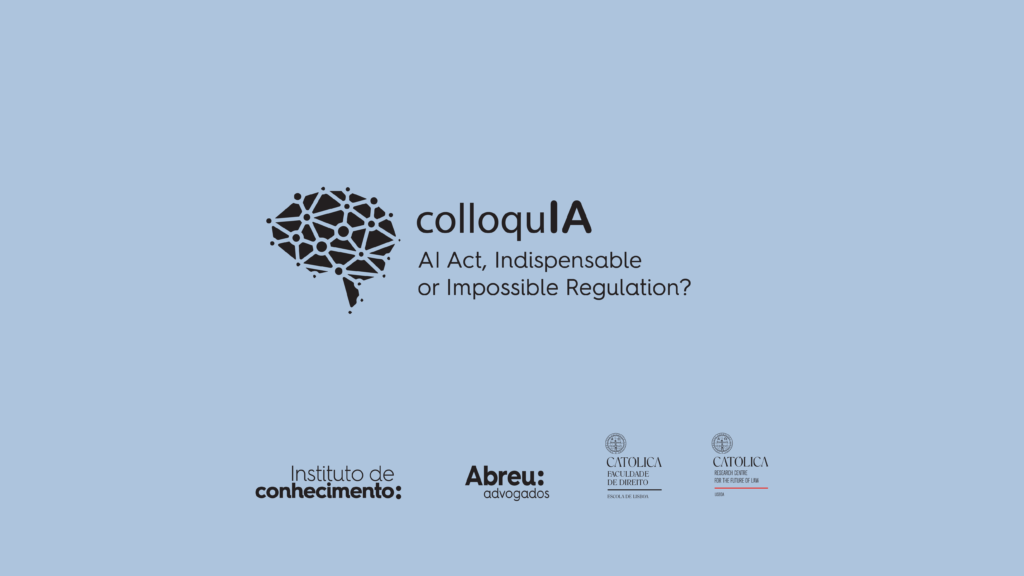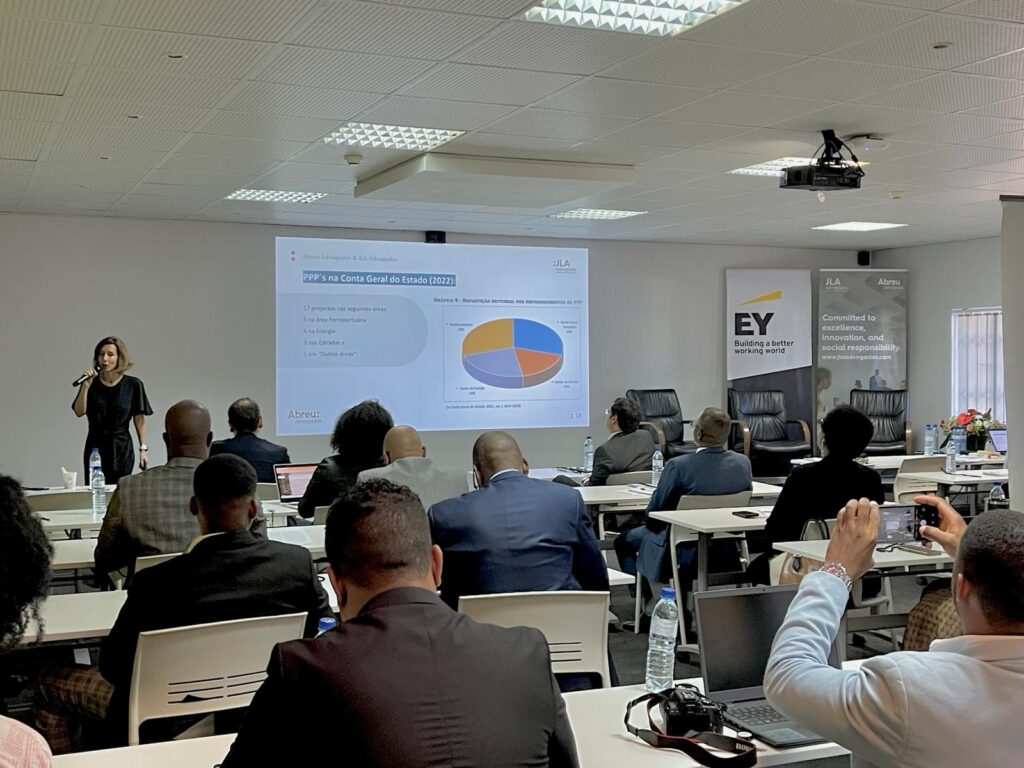The new legal framework on representative actions for the protection of the collective interests of consumers
On last December 6 (2023) Decree-Law no. 114-A/2023 of December 5 was published, transposing the Directive (EU) 2020/1828 of the European Parliament and of the Council of November 25 (2020) on representative actions for the protection of the collective interests of consumers.
This law sets the legal framework applicable to national and transnational representative actions for the protection of consumer rights and interests, reinforcing their procedural means and ensuring a high level of consumer defense in the EU, as well as a proper functioning of the internal market. Thus, the existence, at the EU and national levels, of an effective and efficient representative action procedural mechanism is guaranteed so that consumers can obtain injunctive and reparative measures in case of unlawful practices by professionals.
Is there any subsidiary applicable law?
Although Portugal already has a procedural mechanism for representative actions, enshrined in Law no. 83/95, of August 31 – concerning the Right of Procedural Participation and Class Action (hereinafter, the “Class Action Law”), which regulates the right of class participation in administrative procedures and the right of class action for the prevention, cessation or judicial pursuit of offenses provided for in Article 52, no. 3 of the Portuguese Constitution – the opportunity was seized during the transposition of the aforementioned Directive to establish a specific national representative action for the protection of the consumer rights and interest.
We can say this Law no. 83/95 corresponds to a procedural mechanism applicable to everything that is not provided in this Decree-Law, with the aim of protecting various interests, including those related to the consumption of goods and services.
Who are the holders of the right to representative action?
This law aims to protect the rights and interests of consumers, that is any natural person acting for purposes that fall outside the scope of their commercial, industrial, artisanal or professional activity.
In this context, associations and foundations, regardless of whether they have a direct interest in the lawsuit, and local authorities remain are still entitled to take representative action to defend the consumers’ rights and interests. Regarding the establishment of a procedural mechanism for representative action at the EU level, it is provided that the holders of the right to representative action are qualified entities previously designated by other Member States, which can request injunctive and redress measures.
It should be noted, however, that the Public Prosecutor’s Office and the Directorate-General for Consumer Affairs are considered qualified for the purpose of bringing transnational representative actions.
What’s new?
- There is a process for designating national entities as qualified for the purpose of bringing transnational representative actions in other Member States, through harmonized criteria that these entities must observe and that will be assessed by a competent authority.
- Claimants must provide the court the financing agreement, including a financial summary listing the sources of funding used to support the representative action, ensuring the independence of the claimant and the absence of a conflict of interest.
- The self-exclusion mechanism established in the Class Action Law is maintained, and the rules set out in articles 14 and 15 apply. However, consumers who don’t have their habitual residence in Portugal at the time the representative action is filed must express their willingness to be represented in the action to be bound by its outcome, in which case an inclusion mechanism applies.
- Claimants are required to disclose the following information on their websites:
- Identification of the relevant representative action, with reference to the identification of the parties, claim, case number and court;
- Procedural stage of the representative action;
- Result of the action, including the overall compensation and the method of distributing compensation to the represented parties, if applicable;
- Court decision.
- The competent authority must publicity disclose on its website the list of qualified entities designated for the purpose of bringing transnational representative actions, as well as information on ongoing and concluded representative actions in national courts.
- The Directorate-General for Consumer Affairs has been designated as the competent authority and will also be the national contact point for fulfilling communication obligations to the European Commission.
When did the diploma enter into force?
This Decree-Law entered into force on the day following its publication – December 7, 2023.
















































